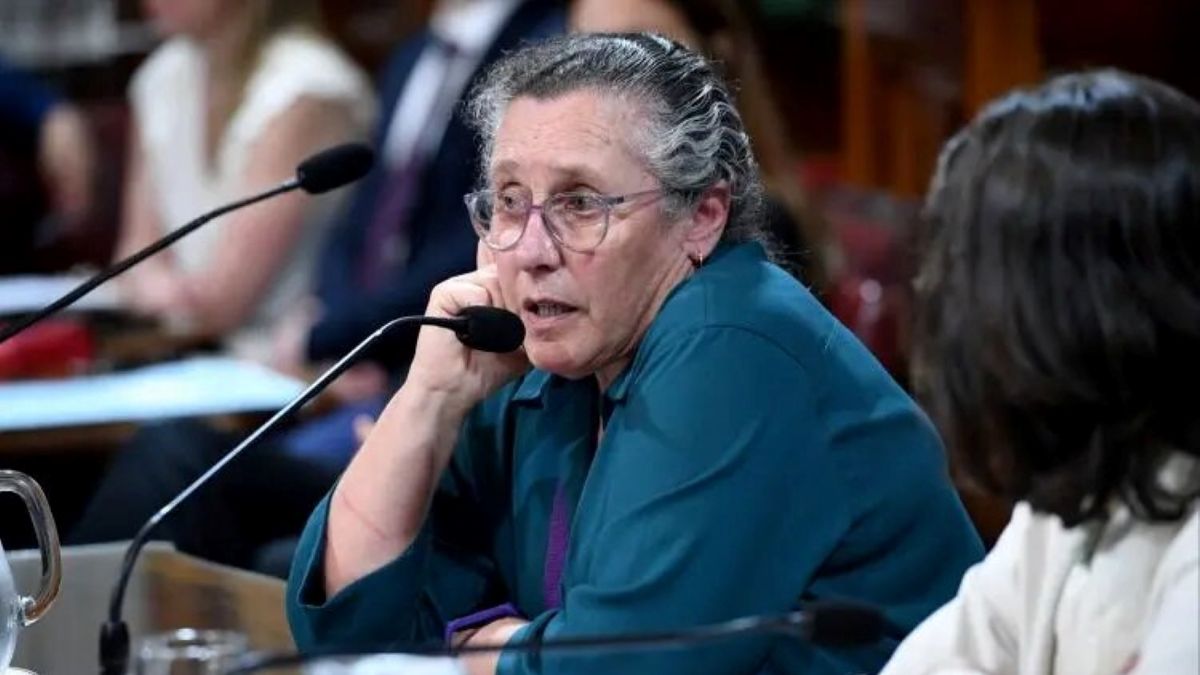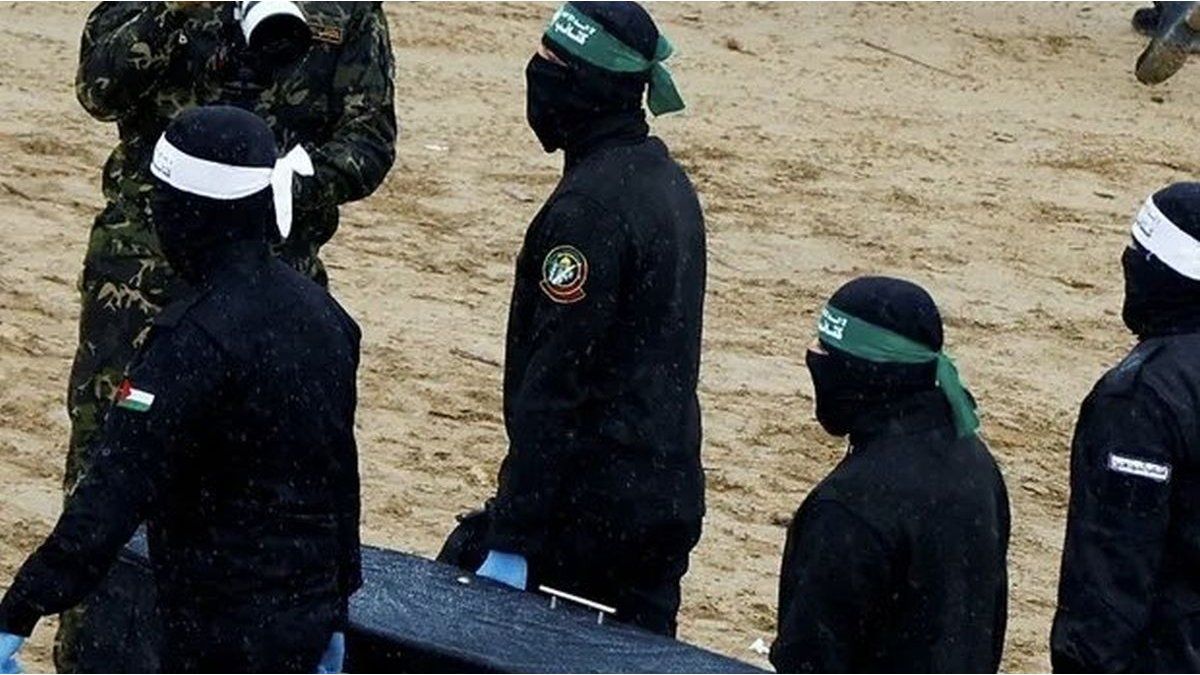In his last salary meeting, and after a 48-hour strike in the first week of Octoberthe workers of the Garrahan They pointed out that they received increases of 1% and 2% monthly in the last two months. In this sense, they request a initial salary increase (they state that salaries start at $500,000 for maintenance personnel and $900,000 for a doctor with 15 years of specialization), a increased 24-hour guards (they detail that they are paid $6,000 an hour, half that of private clinics) and claim to be paid by the Income tax.
On the other hand, since the new management of the Ministry of Health They assure that the hierarchical positions of the health center increased by 59% in the last 10 years, reaching some 556 people whose salaries are estimated at a total of $2 billion monthly (just under $3.6 million per chief medical officer).
The workers’ meeting occurred in a plenary session of the Health and General Legislation commissions of the Senate. There the health workers present maintained that No maintenance or necessary works were suspended.but that the salary deterioration increased due to inflation, which, together with the recomposition of the Income Tax harms coverage of shifts and licenses.
Garrahan workers in the Senate
Among the representatives of the Garrahan Hospital was Maria Althabecoordinator of one of the five units of Intensive Care. “Our salary complaints, which have been going on for several months, have not found any response“said the doctor, who assured that “the hospital’s care model is at risk”: “The Garrahan Hospital model is high complexity for children and adolescents from all over the country. It has a highly qualified human resource with long dedication. “It has been critical to the success of this project to have a budget that took into account this situation.”
Bartolomé Abdala Lucía Corpacci Carlos Arce
Bartolomé Abdala, Lucía Corpacci and Carlos Arce, authorities of Wednesday’s commission plenary session.
Senate
For its part, Luis Gambacoordinator of the Peri-surgical Clinic Care Unit of the hospitalstressed that his workspace is the only one with these characteristics in the country and expressed his “deep concern” about the “sustained drop in salaries” that “deepened the human resources crisis, with the resignation of professionals. The salaries do not reflect the training and suitability of highly specialized personnel, with a workload in a highly complex environment.”Without this hospital model, there is no other establishment that can meet these demands.“he added.
Finally, he explained Darío Barsotti, coordinator of the Center for Comprehensive Care of Hematological and Oncological Patients. “The best residents enter, people who really stand out to be able to enter,” he explained and assured that “The only way to learn is with an advanced hospital and with training time.” “When we talk about hospital financing, we tend to think about equipment and supplies, but all of this requires people who know how to make it work and who are there permanently. When we talk about financing, let’s think about how much of that is the people who make it work,” he concluded.
The Nicolás Law was passed: what it is about
In the commission this Wednesday, an opinion was also reached for the Health Care Quality and Safety Lawalso known as Nicholas law. “The project seeks to protect the patient and workers with training and protocol resources,” he explained. Lucia Corpaccihead of the Health Commission, who clarified that It is not “punitive for health personnel.”
Among the reforms, the Nicholas Law contemplates that the medical tuition fees leave the scope of medical tuition fees and become dependent on the Ministry of Health; the constitution of an annual statistics of malpracticeerror reporting in the Argentine Integrated Health Information Systemthe computerization of medical records throughout the country and the mandatory training processes and periodic verification of professional aptitude of health teams.
Before the replacement of the legislative body, on December 8, 2023, the initiative that obtained unanimous support: 149 affirmative votes and one abstention, from Ricardo López Murphy. If the project is not discussed in sessions before the end of the year, it will lose its parliamentary status and will have to restart its treatment process in committees.
Source: Ambito




